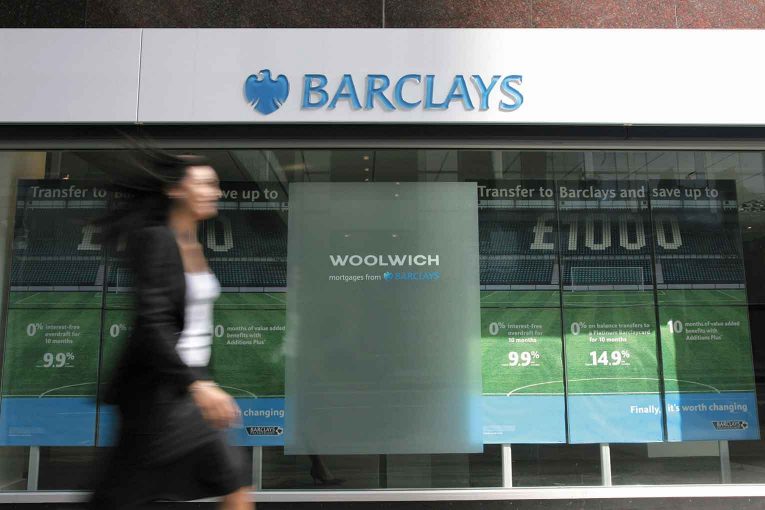Growth in consumer spending on rent and mortgages slowed for the fourth consecutive month in June, according to the latest Barclays Property Insights report.
Spending increased by 4.3 % year-on-year, slightly down from 4.6% in May and continuing a softening trend observed since March.
At the same time, utility bill spending rose by just 1.2%, down from 4.4% the previous month, due largely to a seasonal reduction in energy use during the heatwave. Further relief is expected following the recent cut to the energy price cap.
CONSUMER CONFIDENCE DIP
Consumer confidence in the housing market also dipped, falling three points to 27% following the Bank of England’s decision to hold the base rate at 4.25%.
However, perceptions around affordability may be shifting, with fewer consumers citing key cost barriers.
The proportion identifying property prices as a major obstacle fell by six points to 39%, while concern around mortgage repayments dropped to 19%, down three points.
LIMITED AWARENESS OF SHARE OWNERSHIP
Despite falling rates and more stable pricing, over half (53%) of renters believe they will not be able to buy without some form of financial assistance or homebuying support. However, awareness of available schemes remains low, particularly among younger renters.
A third of consumers (31%) have not heard of Shared Ownership, rising to 39% among those aged 18 to 34. And a similar number (34%) believe Shared Ownership offers a more affordable way onto the property ladder than a traditional mortgage, while one in five (19%) see such schemes as a practical solution for first-time buyers struggling to purchase a home.
TRANSITIONING MARKET

Jatin Patel, Head of Mortgages, Savings and Insurance at Barclays, said: “Our latest insights reflect a housing market in transition. While lower mortgage rates are providing some relief, affordability remains a challenge.
“Our findings underscore the importance of tailored solutions to address the diverse needs of today’s prospective homeowners. While half of renters view homeownership as unattainable without financial support schemes, there remains a significant gap in awareness of initiatives like Shared Ownership, particularly among younger adults.
“Bridging this knowledge gap is crucial to empowering first-time buyers and fostering greater accessibility to the property market.”
SAVINGS GAP
The research also highlights a widening gap between aspiration and reality for deposit savers. One in five renters (22%) are currently saving for a deposit, aiming to accumulate just over £30,000 in an average of 4.8 years.
To meet that target, renters would need to save around £527 per month – but the average monthly saving currently sits at less than half that (£231), putting many off track without a shift in financial circumstances.
FLEXING OLDER RENTERS
The report also reveals a growing segment of renters who are not first-time buyers. One in five renters (22%) have previously owned a home, a figure that rises to 40% among those aged 55 and over. While nearly half (49%) of renters believe it is more expensive to rent than to own, older tenants are increasingly prioritising flexibility over ownership.
More than half (56%) of renters aged 55+ say they prefer renting at this stage of life because of the flexibility it provides, compared to a national average of 40%.
OPTIMISIM OUTPERFORMS PESSIMISM

Will Hobbs, Managing Director of Barclays Private Bank and Wealth Management, added: “Data on the economy are telling a particularly incoherent story at the moment.
“We maintain that the starting point for the UK’s economy is better than widely acknowledged.
“Household balance sheets are more robust in aggregate and the corporate sector is potentially well placed to benefit from the incoming industrial revolution in machine learning and generative AI.
“The news of the world around us remains unsettling, but it is important to remember that the economy is capable of dancing to a quite different tune.
“Blind optimism ultimately outperforms sober pessimism when it comes to the economy over longer periods of time, primarily because the march of technological change.”



